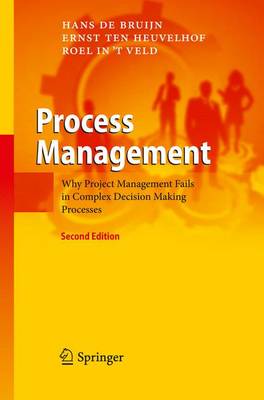* End: pro?t and loss account. As a result, there will be a stage at which the parties have developed relations and prospects of gain, while there are still a number of problems that are dif?cult to solve and that fail to evoke consensus. Each party will then draw up a pro?t and loss account. On the positive side of the balance are the relations developed and the gains collected, on the negative side there are the losses and the unsolved problems. For particular parties, who have no interest in the problem, the latter side is uninteresting; for others, who have an interest in a particular solution of this problem, it represents a form of loss. * Pro?t and loss balance positive for a critical mass: speed. The speed of the process will increase if the pro?t and loss account shows a positive balance for a critical mass of parties. They wish to collect their gains and therefore to make ?nal decisions. At this point there will be an important psychological mec- nism: parties tend to anticipate on collecting their gains, which increases their urge to speed up the process. It is clear from the above, however, that the end of a process is dif?cult to predict.
- ISBN13 9783642428517
- Publish Date 11 November 2014 (first published 1 October 2005)
- Publish Status Active
- Publish Country DE
- Publisher Springer-Verlag Berlin and Heidelberg GmbH & Co. KG
- Imprint Springer-Verlag Berlin and Heidelberg GmbH & Co. K
- Edition 2nd ed. 2010
- Format Paperback
- Pages 171
- Language English
